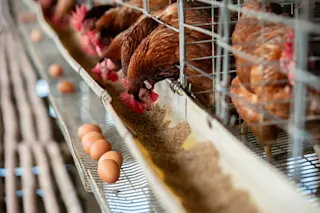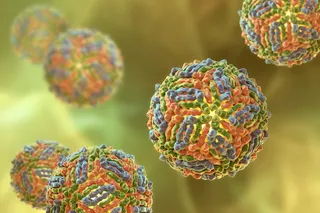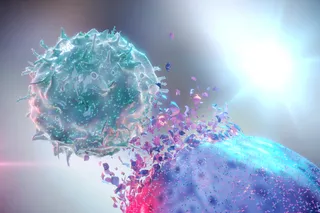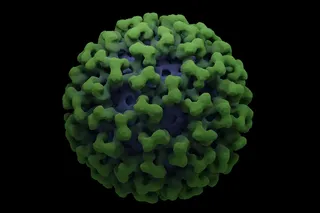The avian flu continues to circulate in parts of the world, including the U.S., infecting domestic poultry, cattle, and some humans. A study published in Scientific Advances examines how mass vaccination of poultry against H5 subtypes of avian influenza virus (AIV) — including H5N1 and H5N6 — may help to slow the spread of avian influenza, however, in turn, the vaccination may also lead to the virus evolving faster.
The H5 virus is a strain of influenza A that does not pass from human to human. A person who has been infected likely picked it up from domestic poultry or cattle. According to the Centers for Disease Control and Prevention (CDC), 67 people have been infected with the starting of AIV, known as H5N1, in the U.S., and one person has died since 2024. While there is still little concern for a pandemic, researchers are working to ensure that a ...















